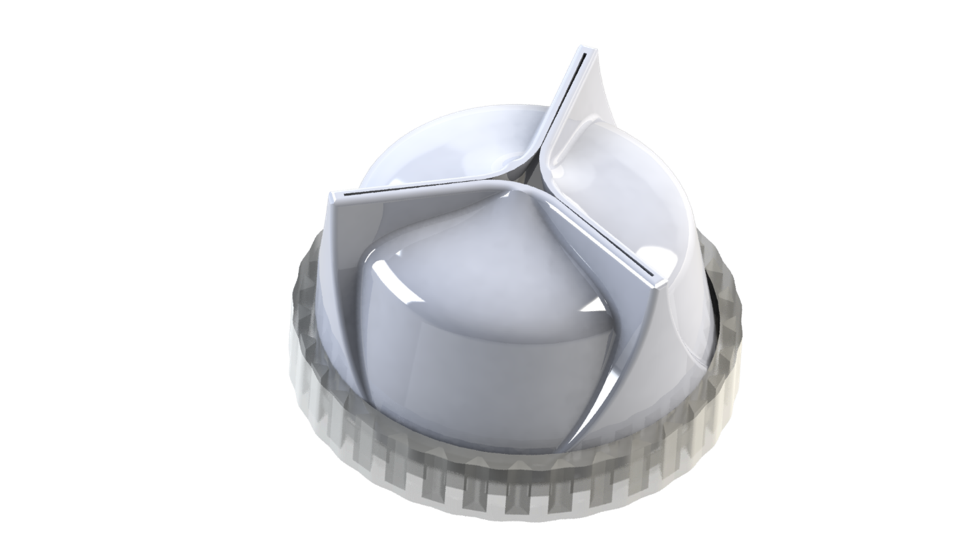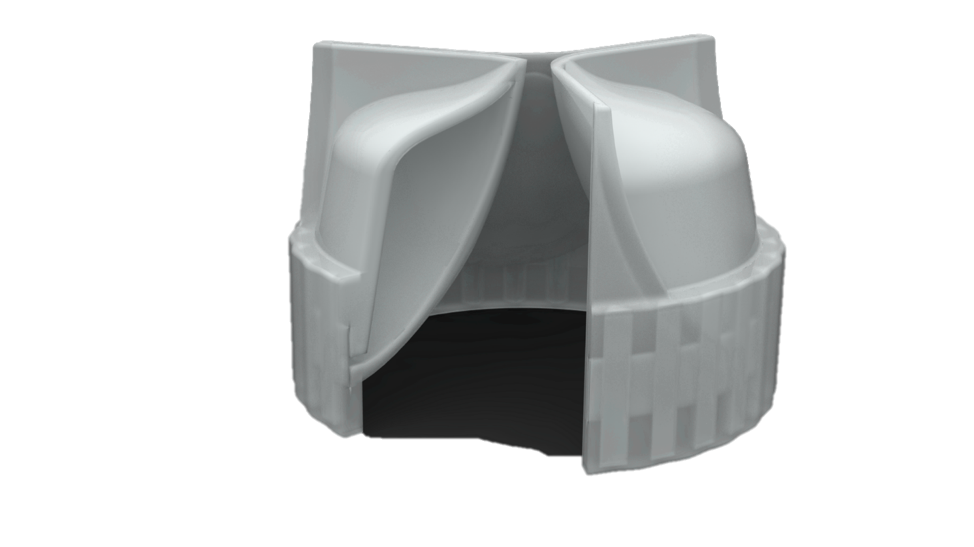A new synthetic heart valve designed by UBC researchers could be a long awaited advancement in pediatric heart valve replacements.
The Heart Valve Performance Laboratory at UBC Okanagan are prototyping a new prosthetic device for aortic valve replacement. The aorta is the largest artery in the body and is the blood vessel that carries oxygen-rich blood away from the heart to all parts of the body.
Heart transplants and valve replacement have long been a reality, but the technology has not evolved to address the needs of patients with small-sized hearts.
“It has always been a one-solution fits all approach in the area of valve replacements,” explains assistant professor Hadi Mohammadi. “Not only does our synthetic mixture last over a patient’s entire lifespan, but it is also flexible enough to work in smaller hearts.”
The device uses the principles of soft robotics since it moves and adapts to its surroundings. The valve works in tandem with the heart to adjust its diameter allowing or restricting blood flow. It is this control that sets the device apart from existing technologies.
“Not only does the prototype adaptable to small heart sizes, but it is relatively simple to manufacture and its customizable,” says Luke Ohlmann, an MASc student at UBC and co-author of the study.

The researchers are now looking at a number of other parts within the heart where similar technologies could improve blood flow.
The research was funded by a Discovery Grant from the Natural Sciences and Engineering Research Council of Canada, and published in the Journal of Medical Engineering and Technology.